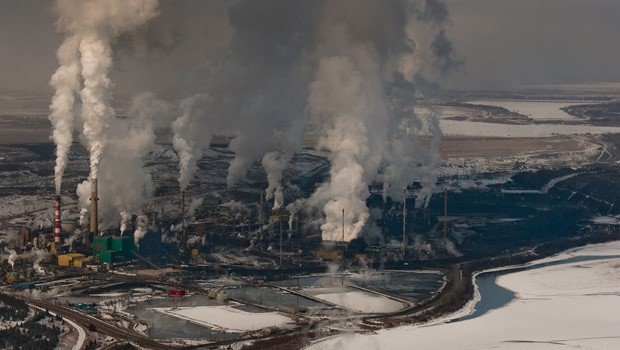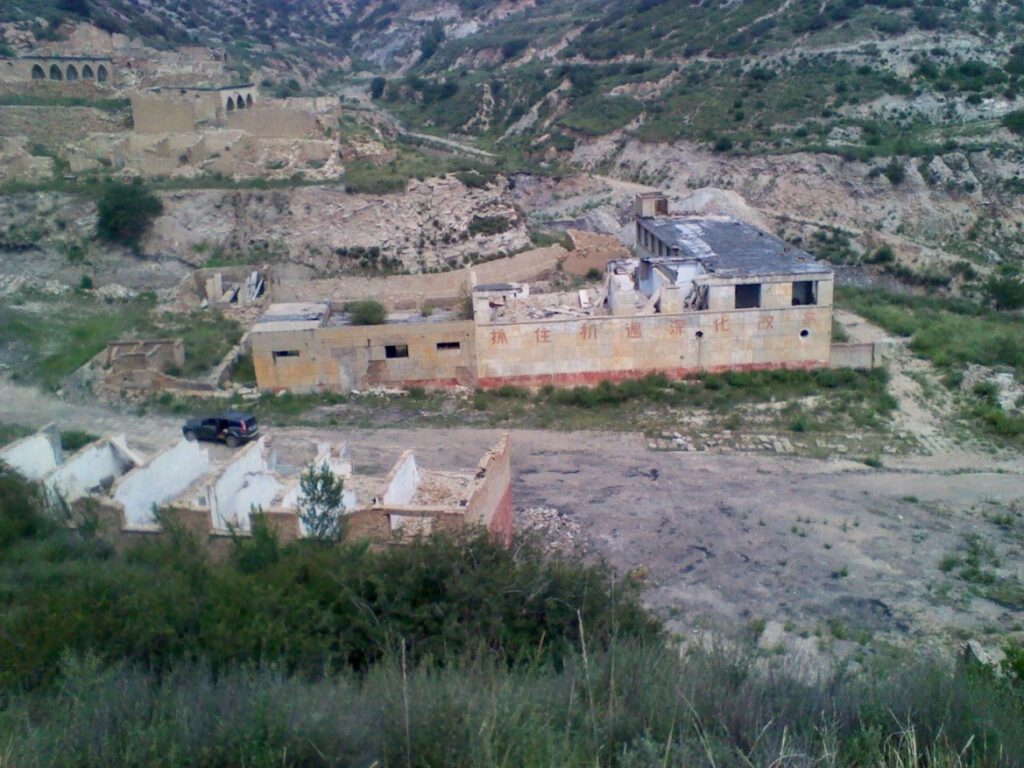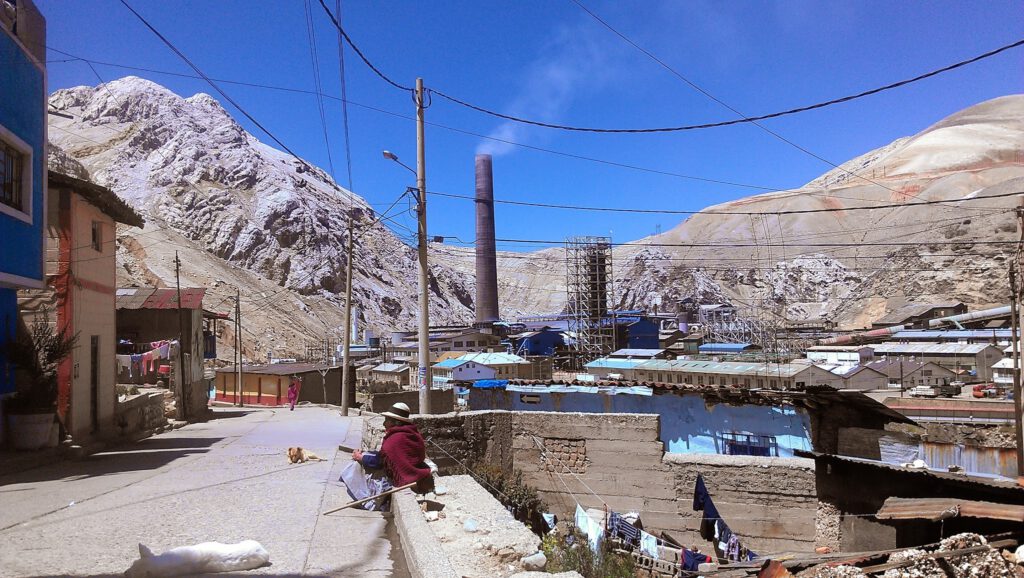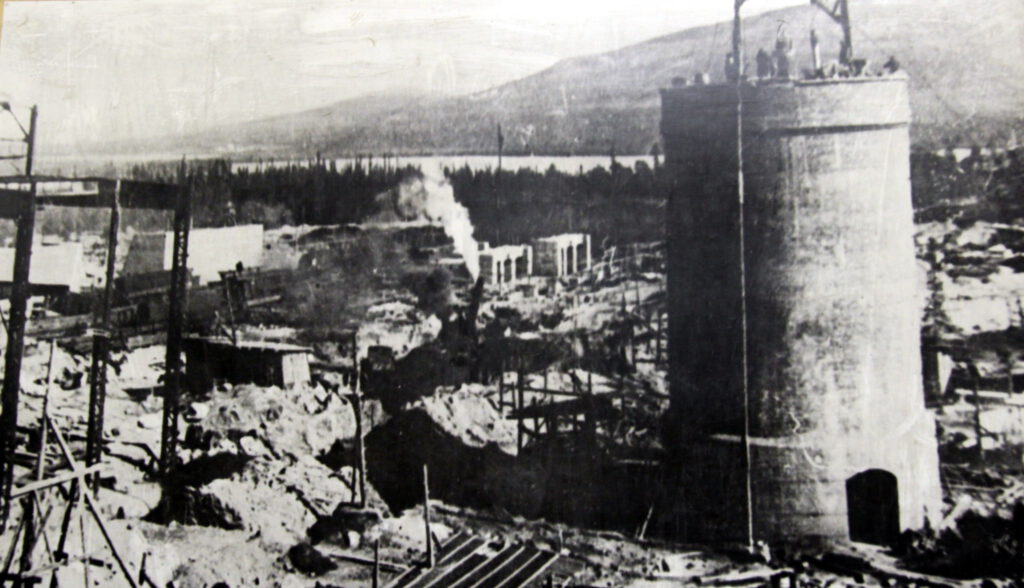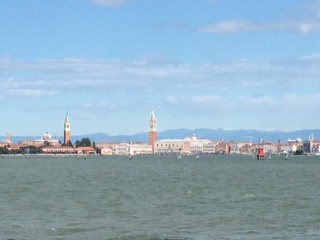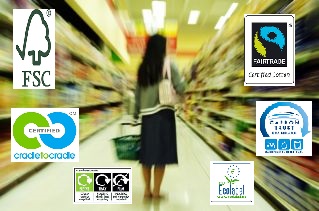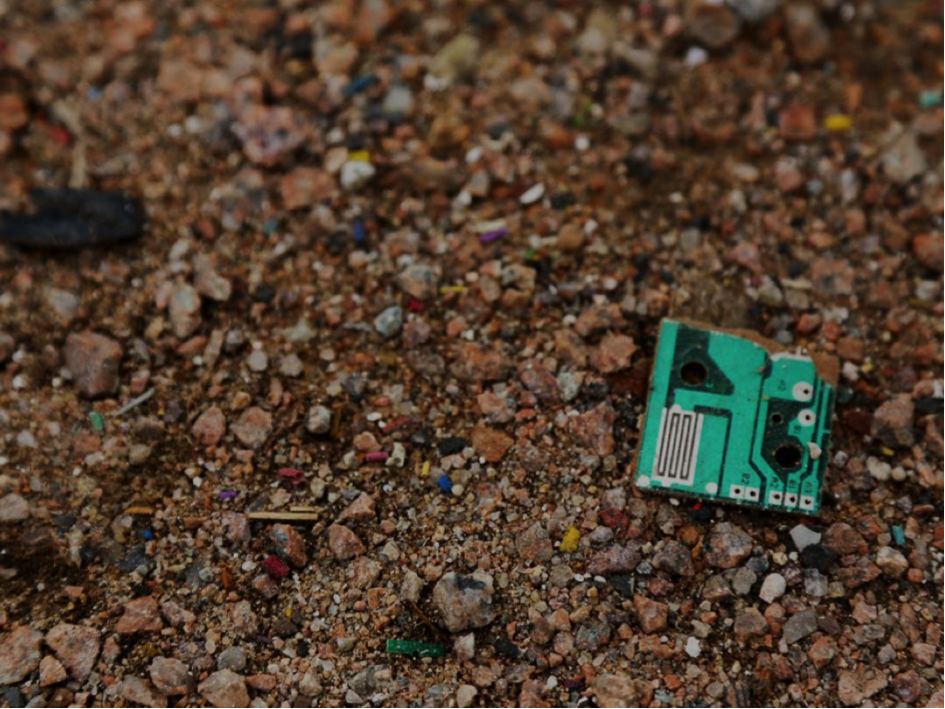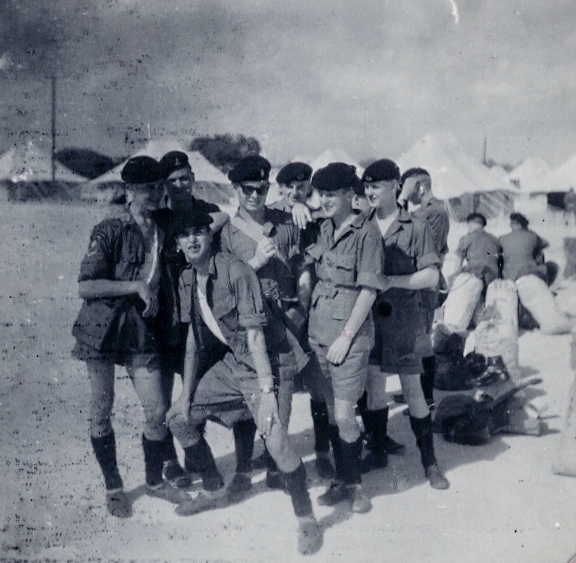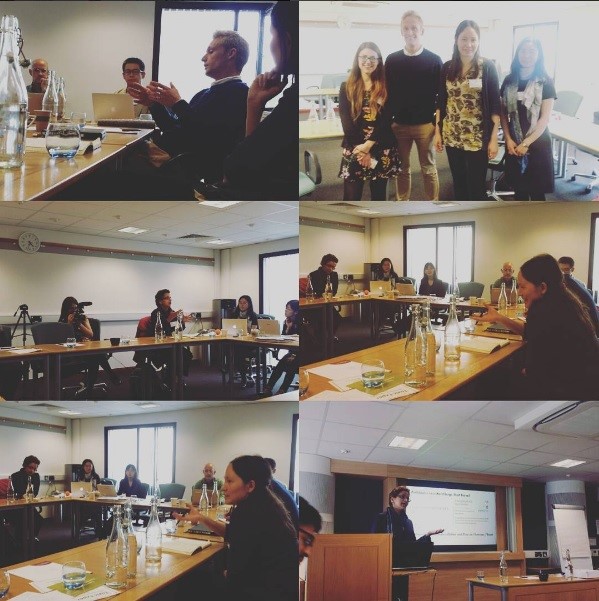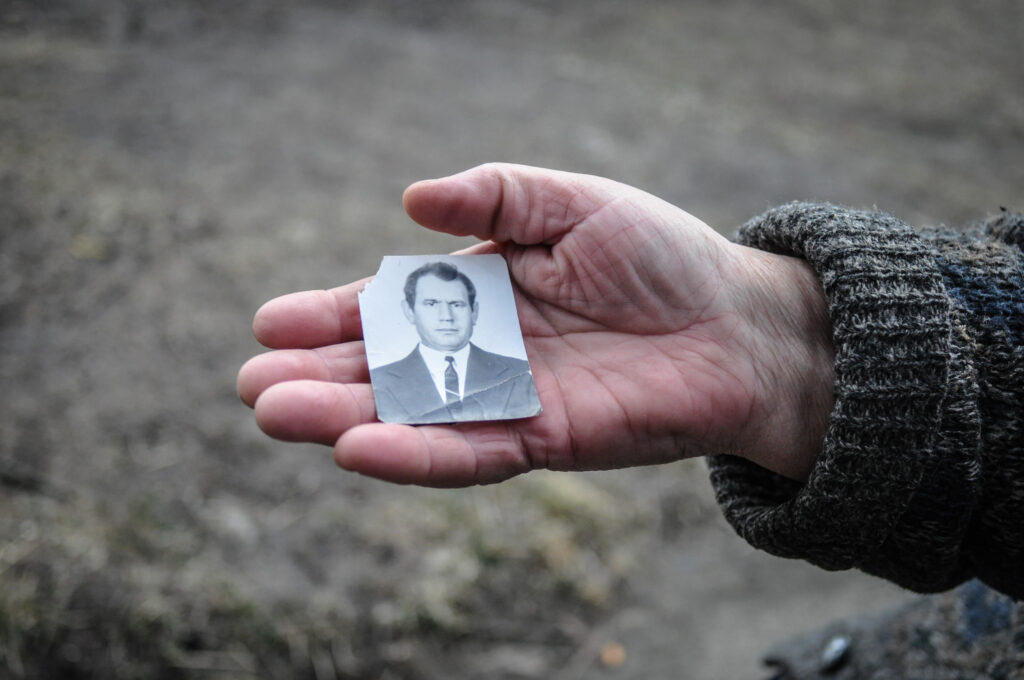Editorial: The Unbearable Toxic Cost
Cynthia Wang, Research Fellow, Department of Sociology, University of Warwick What you do with your money is your business, but when you begin to spend your money in my territory, that disrupts and destroys our way of life, our civilization, then that becomes my business. My investors, the water, the air, the medicine of the […]
